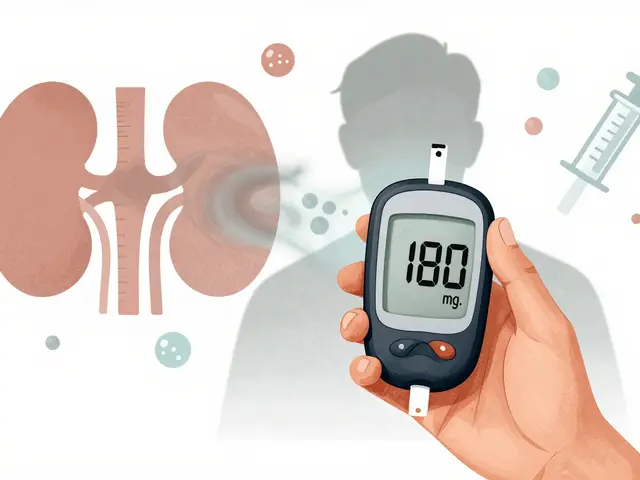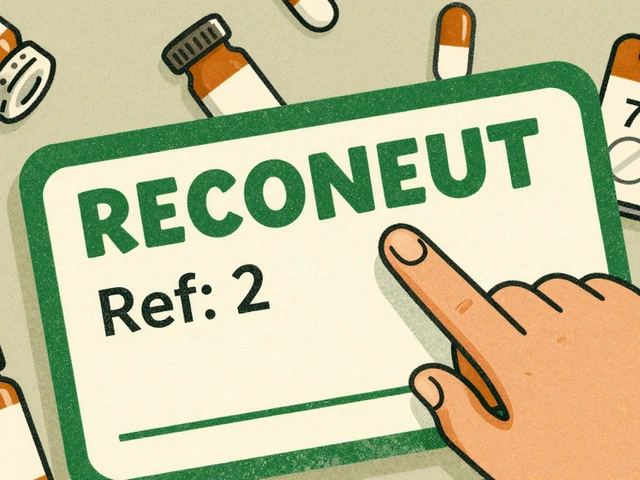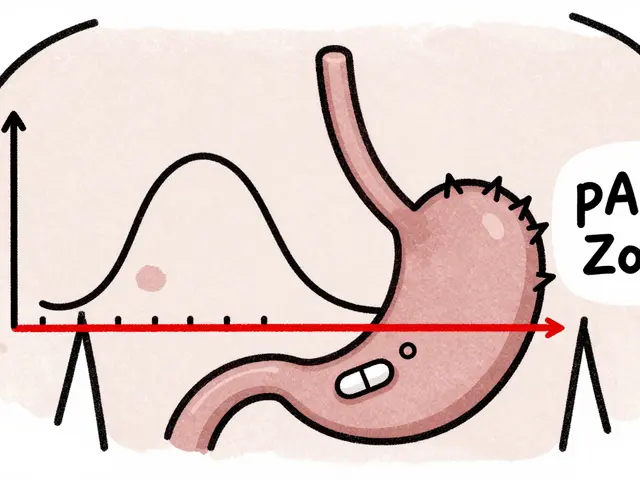Anxiety: Understanding, Managing, and Finding Help
When dealing with Anxiety, a persistent feeling of worry or fear that can affect thoughts, body, and daily life, many people wonder why it feels so overpowering. Also known as unease, anxiety often shows up alongside Stress, the body's short‑term response to demanding situations and can lead to Depression, a prolonged low mood that saps energy and interest. Anxiety encompasses physiological, emotional, and behavioral responses, from rapid heartbeat to racing thoughts. Stress influences anxiety by constantly priming the fight‑or‑flight system, while depression often co‑occurs with anxiety, creating a feedback loop that deepens both conditions. Recognizing these connections helps you target the right strategies, whether you’re looking at lifestyle tweaks, therapy, or medication.
Key Factors and Coping Tools
One major subtype you’ll encounter is Generalized Anxiety Disorder, a chronic condition marked by excessive worry about everyday events. GAD illustrates how anxiety can become a baseline rather than a reaction, influencing work performance, relationships, and sleep quality. For many, the first line of defense includes Anxiety medication, prescribed drugs such as SSRIs, SNRIs, or benzodiazepines that balance brain chemistry. Medication works best when paired with coping tools like breathing exercises, regular physical activity, and cognitive‑behavioral techniques that rewire thought patterns. Studies show that blended approaches—medication plus therapy—reduce symptom severity faster than either alone.
Beyond clinical options, everyday habits play a surprisingly big role. Limiting caffeine, practicing mindfulness for just ten minutes a day, and keeping a journal to track triggers can break the stress‑anxiety cycle. Social support matters too; sharing experiences with friends or a support group reduces isolation and provides practical tips. When you notice the warning signs—muscle tension, racing thoughts, or avoidance—you can intervene early with a calming routine or a brief walk. The collection below pulls together detailed guides on medication comparisons, lifestyle strategies, and specific conditions like GAD, giving you a toolbox to tackle anxiety from every angle.

- Oct 14, 2025
- Posted by Cillian Osterfield
Motion Sickness and Anxiety: How to Manage Both Effectively
Learn how motion sickness and anxiety feed each other and discover practical breathing, diet, vestibular, and medication strategies to feel better on any trip.
Categories
- Health and Wellness (70)
- Medications (68)
- Health and Medicine (28)
- Pharmacy Services (12)
- Mental Health (9)
- Health and Career (2)
- Medical Research (2)
- Business and Finance (2)
- Health Information (2)
Latest Posts
©2026 heydoctor.su. All rights reserved




